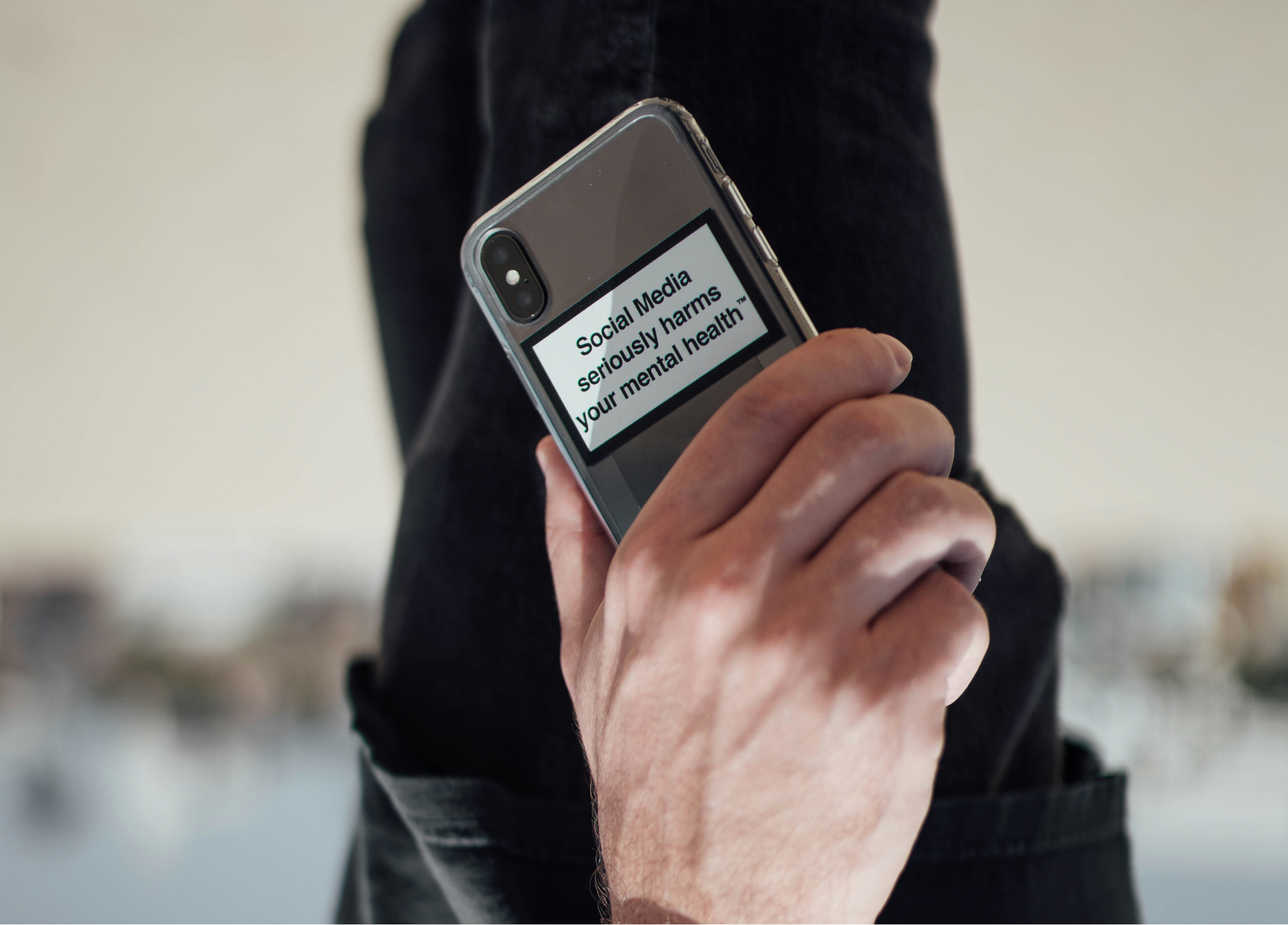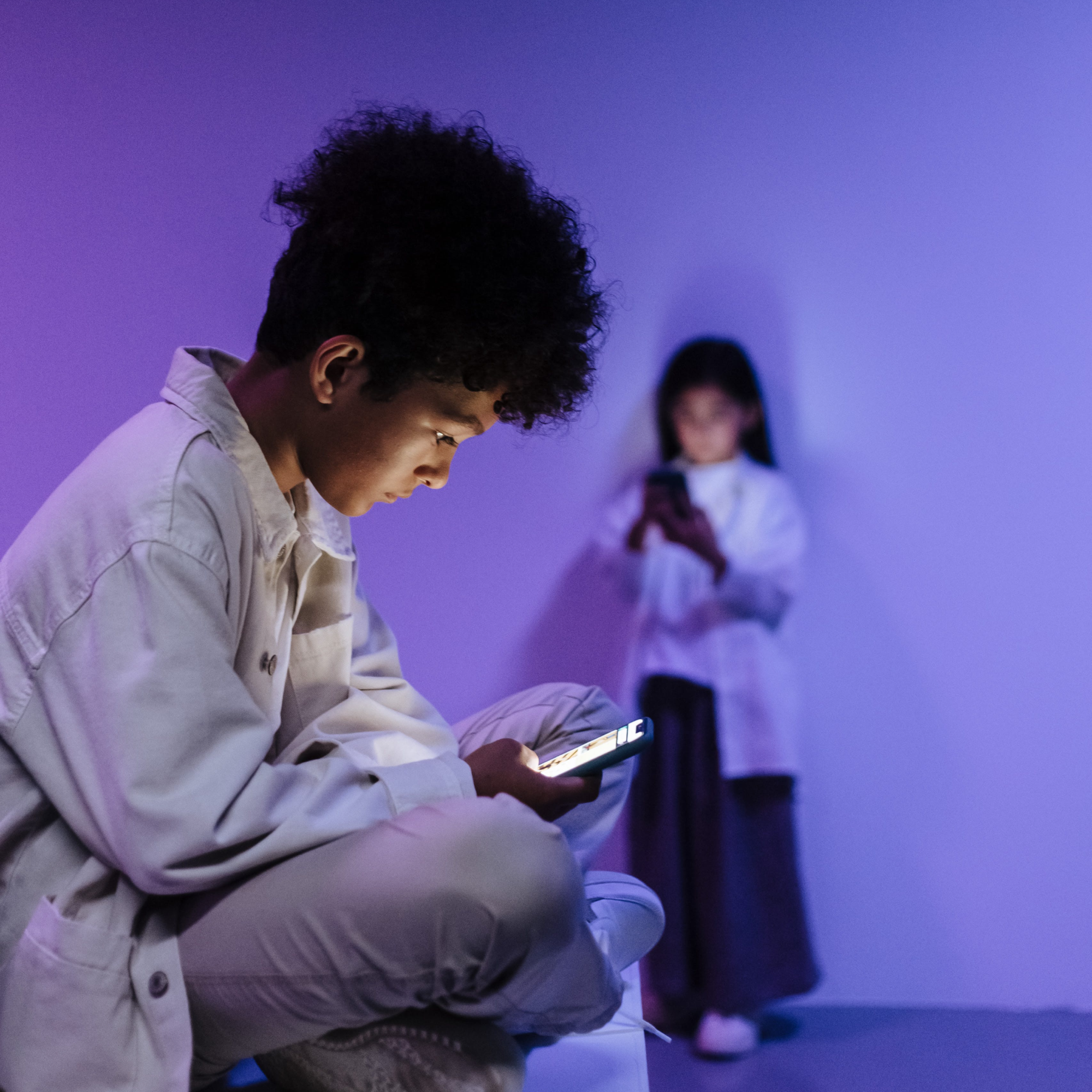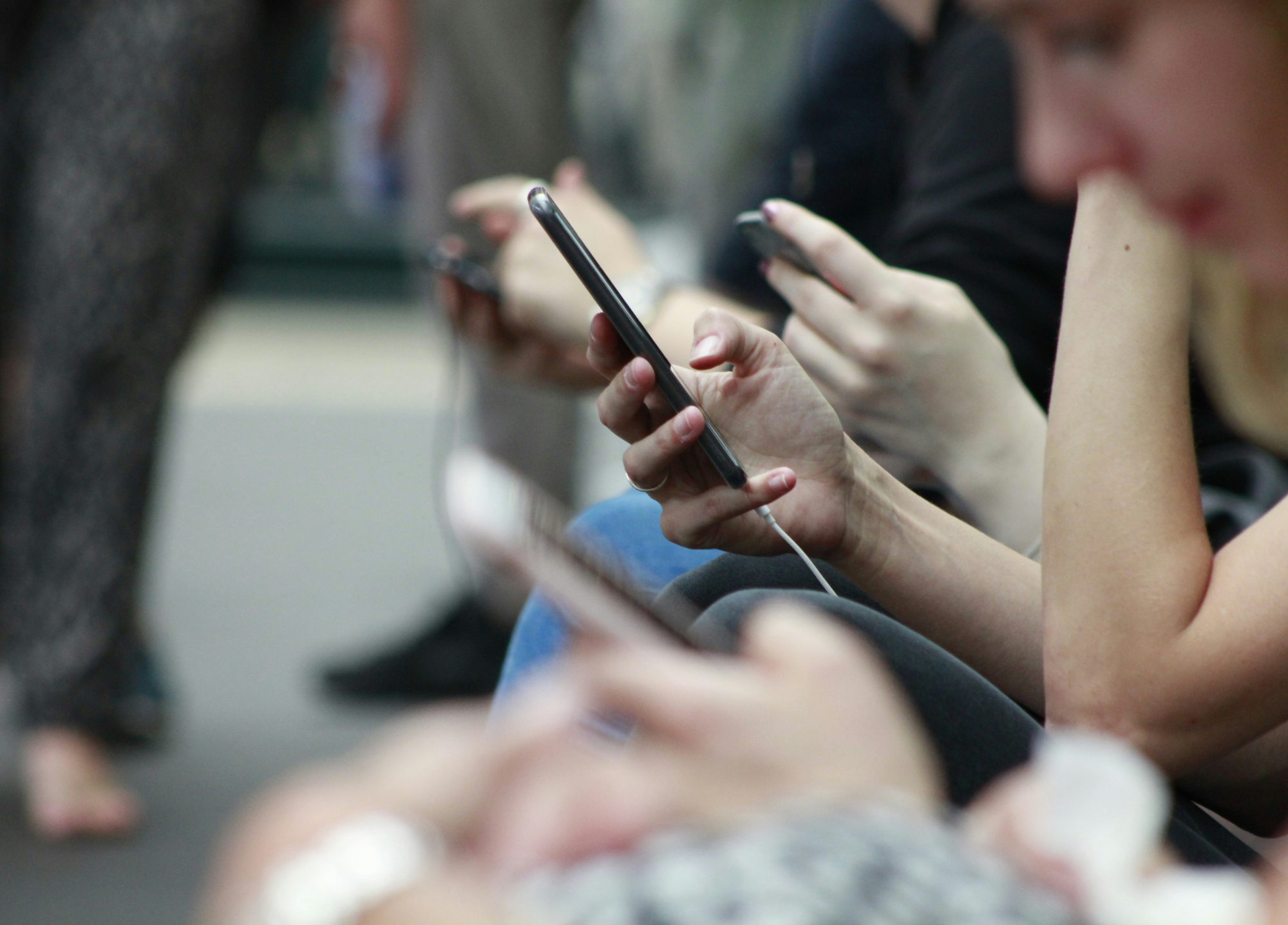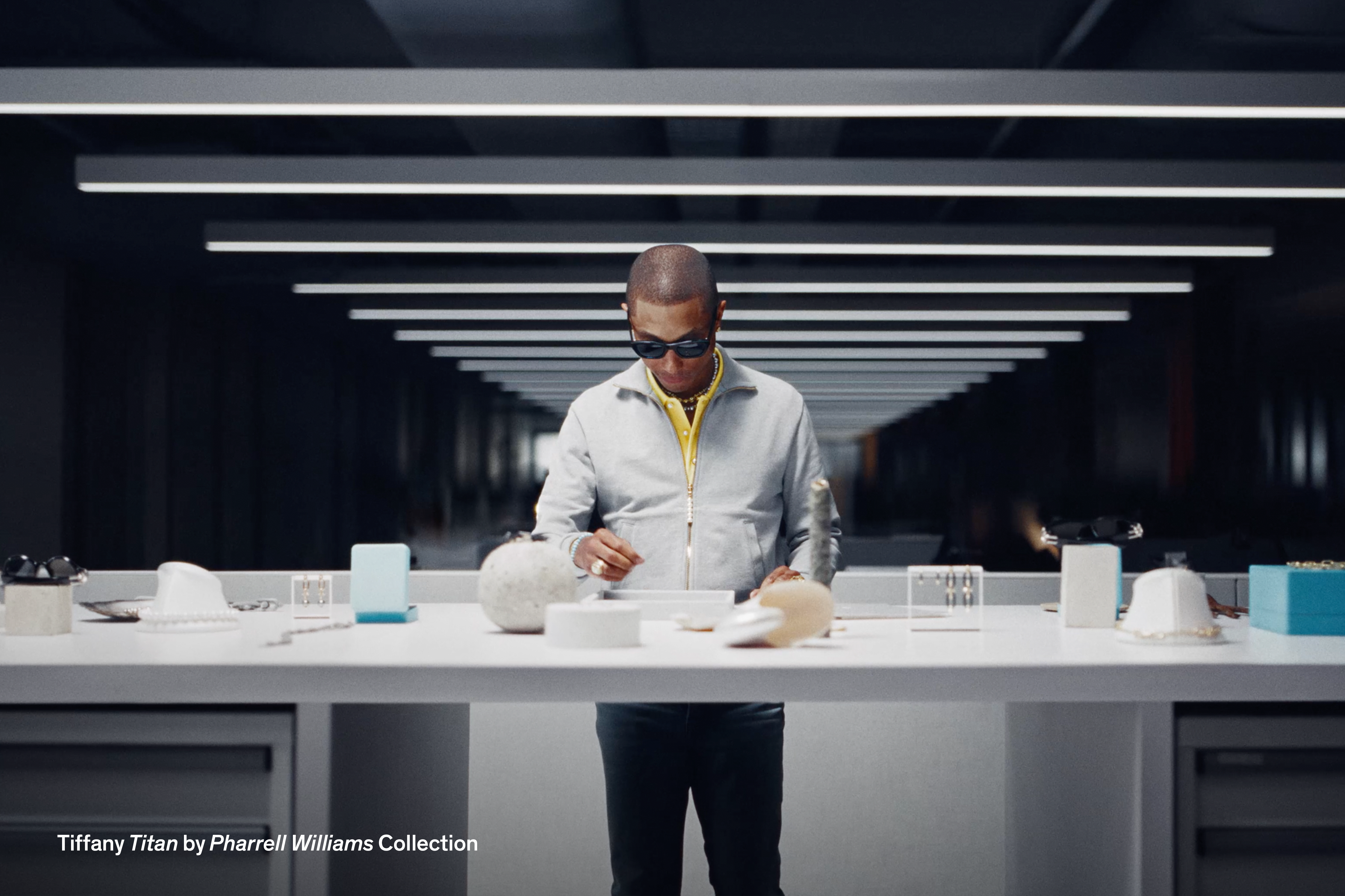
Last night, I found myself sprawled on my couch, mindlessly scrolling through my social media feed. Within moments I stumbled upon a Reel that captured my attention - a 10 second video of a woman shovelling snow, cracking a ‘dad-joke’ as she moves along. Although common enough to see, the sheer volume of engagement it had garnered - 22.3M views, 13,000 comments, and almost 110,000 shares - left me impressed but confused, grappling with a sense of despair about the state of our digital existence.
As I scrutinised the comments on the Reel, doubts crept in. The volume of views were driven by engagement, people commenting a host of NSFW terrible one-liners, presumably with a malicious intent to put the woman down and encourage other bullies to like it. Regardless of it’s nature, questions about the authenticity and of engagement in feeds today flooded my mind, compounded by the realisation that our timelines are inundated with a deluge of fabricated realities.
The proliferation of such content is not without consequence. It's designed to trigger dopamine-fuelled responses, perpetuating a cycle of mindless consumption. Whether it's a picture-perfect family moment or an awe-inspiring landscape, these images are meticulously curated to elicit an emotional response, often at the expense of truth. Criticism of social media platforms is prevalent, with concerns about biased information, societal divisions, and dependency on these digital services. Lingering doubts persist about the social impact of these platforms, prompting questions about their influence on our youth.

But the deception doesn't stop there. Beneath the veneer of authenticity lies a labyrinth of scams and misinformation, meticulously orchestrated to exploit our vulnerabilities. Bots masquerading as real accounts flood the comment sections, perpetuating a facade of engagement and authenticity.
The ramifications of this digital dystopia are far-reaching. Beyond the realm of social media lies a landscape rife with deceit and manipulation. Deepfake technology, once confined to the realm of science fiction, has now become a potent tool for fraudsters and scammers, leading to real-world consequences. It has become what seems like a default to misrepresent a brand story or message, compromising cohesive, consistent storytelling for a torrent of quick likes and views.
Yet, amidst the chaos, it is this erosion of storytelling that troubles me most. We've become ensnared in a web of illusions, where truth is a scarce commodity and misinformation runs rampant. Reality, once a tangible anchor in our lives, has been supplanted by a distorted reflection of the world around us.
The consequences of this collective delusion are profound. In a world where truth is a casualty of convenience, our ability to discern fact from fiction has been compromised. We navigate through life, increasingly tethered to digital constructs, oblivious to the profound implications of our actions.
At its core, this crisis of reality is a symptom of a deeper malaise — an erosion of critical thinking and discernment. As we succumb to the allure of fabricated realities, we relinquish our agency and autonomy, becoming passive participants in our own deception.

“ A clear majority of respondents believe that people form their opinions based on increasingly biased information and that social media is dividing our society (82% and 71% somewhat or completely agree).”
- Survey by Swiss Broadcasting Corporation (SBC), which was conducted among 57,000 people in April 2023
The current scenario raises concerns about the potential misuse of these platforms in promoting brands and shaping youth behavior. The moral dilemma surrounding the promotion of products and services, akin to the evolution of anti-cigarette sentiments, remains largely unaddressed. Are the pioneers of these platforms the new-age tobacco barons, and is social media the new nicotine for millions? It hasn’t been a question many of us are asking, but I think we know the answer. And only now, with brand/consumer trust eroding and storytelling moving all over the place does it pay to ask.
As we navigate this complex digital landscape, it's crucial to consider the potential consequences for the generations growing up in a world where online presence often takes precedence over physical interactions. The evolution of language, the rise of abbreviated communication, and the potential sacrifice of individual intelligence for collective intelligence are challenges that need careful consideration. In our quest for connectivity, are we inadvertently creating a society that knows a lot about little, but little about lots? The dangers of excessive social media use are more relevant than ever, considering the evolving landscape and the challenges it poses to mental health, relationships, and societal dynamics.
The dangers of excessive social media use will persist - and the evolution of these platforms and how your brand responds now demand more attention than ever. It's essential to strike a balance between the benefits of connectivity and the potential pitfalls, ensuring that the next generation navigates the digital landscape with awareness and resilience, relying on authentic storytelling.
As we reflect on the journey from "thefacebook.com" to the expansive social media universe today, Meta, TikTok, WeChat and all, we hope to see more and more meaningful discussions about the impact of these platforms on our lives and the generations to come.
Co-Authored by Brian Richards and Rees Vinsen





